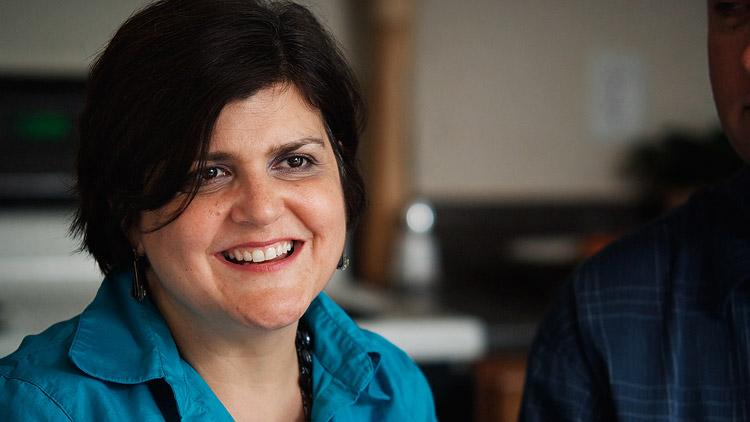What to Expect
 The course of rehabilitation for TBI and polytrauma may vary significantly by patient based on the severity of injury, time since injury, and current needs and goals. Treatments are guided by an individualized rehabilitation and community re-integration plan of care and are delivered by an interdisciplinary team of rehabilitation specialists in collaboration with the veteran and the caregiver.
The course of rehabilitation for TBI and polytrauma may vary significantly by patient based on the severity of injury, time since injury, and current needs and goals. Treatments are guided by an individualized rehabilitation and community re-integration plan of care and are delivered by an interdisciplinary team of rehabilitation specialists in collaboration with the veteran and the caregiver.
Acute Inpatient Rehabilitation
Most people who sustained moderate to severe TBI and polytrauma are admitted to a rehabilitation unit or hospital. Veterans and service members with moderate to severe injuries are typically referred for admission to one of the five VA's Polytrauma Rehabilitation Centers (PRC). These centers provide state-of-the art assessment and treatment services in an environment that is conducive for healing. Advanced technologies and devices are available to enhance treatment and to compensate for loss of function.
VA rehabilitation specialists work with the patient to assess and treat a wide variety of symptoms and conditions that can affect functional independence including:
- Physical mobility
- Communication skills
- Activities of daily living
- Thinking skills (memory, judgment, awareness)
- Strength and endurance
- Adjustment and coping
- Changes in behaviors and emotional health
- Dizziness and balance
- Pain
- Assistive technology (assessment, prescription, and training)
VA's PRCs are accredited by the Commission on Accreditation of Rehabilitation Facilities (CARF) for inpatient rehabilitation with brain injury specialty programming.
Transitional Rehabilitation
VA's Polytrauma Transitional Rehabilitation Program (PTRP) is an interdisciplinary residential rehabilitation program with focus on independent living and community reintegration. There are currently five PTRPs nationally, located at the VAMCs in Minneapolis, Palo Alto, Richmond, San Antonio, and Tampa. These programs assist veterans, service members, and their families to transition from acute injury to functional independence in the community.
The overarching goal of the PTRP is to return patients to the most appropriate, least restrictive community setting by focusing treatments on:
- Community navigation and mobility
- Self-management of life skills
- Development of psychological adjustment and coping skills
- Cognitive remediation
- Return to work or school
VA's PTRPs are accredited by the CARF for residential rehabilitation with brain injury specialty programming.
Outpatient Rehabilitation
Veterans with mild TBI and polytrauma and those with moderate to severe injuries who completed a course of inpatient rehabilitation often receive rehabilitation care in outpatient clinics. VA developed specialized outpatient clinics and teams at 23 Polytrauma Network Sites and 87 Polytrauma Support Clinic Team facilities. Teams of rehabilitation specialists with expertise in TBI and polytrauma are available to complete comprehensive assessments and develop Plans of Care focused on community re-integration needs.
Treatment at outpatient TBI and polytrauma clinics emphasizes improvement of symptoms (such as managing headaches, pain, sleep) and training in using strategies and assistive technology devices to manage difficulties in performing activities of daily living. In addition to rehabilitation services, veterans and service members recovering from TBI and polytrauma also receive treatments through other clinical services including: primary care, mental health, social work, driver's rehabilitation, vocational counseling, and others, as appropriate.
Throughout the Polytrauma System of Care, case managers are assigned to veterans and service members participating in rehabilitation care to assist with coordination of services and resources and to ensure effective communication among service providers and veterans, service members, and their families or caregivers.



















